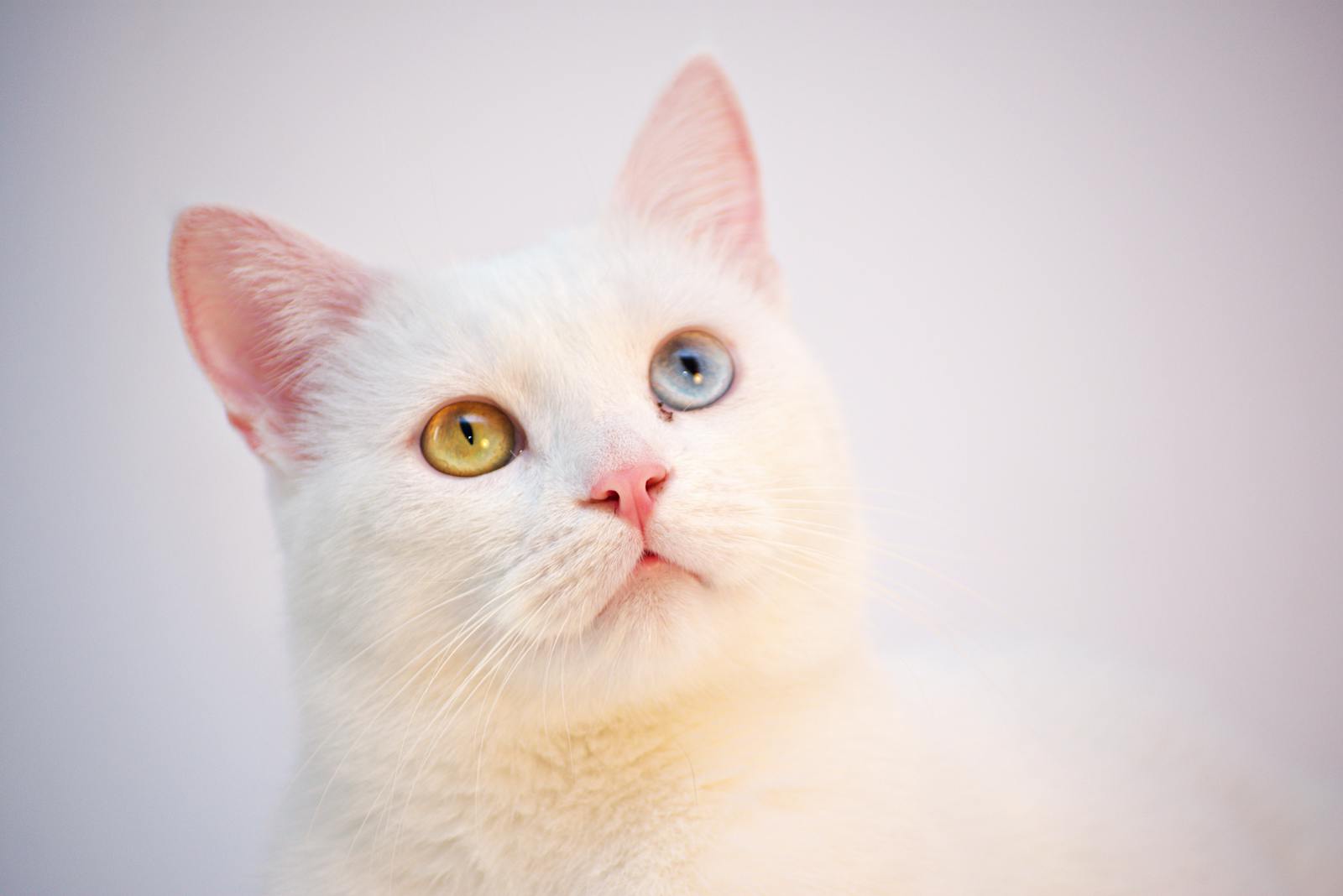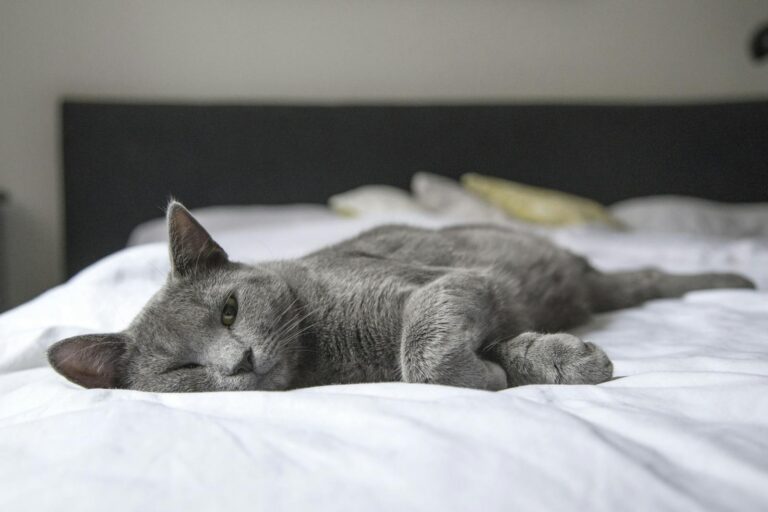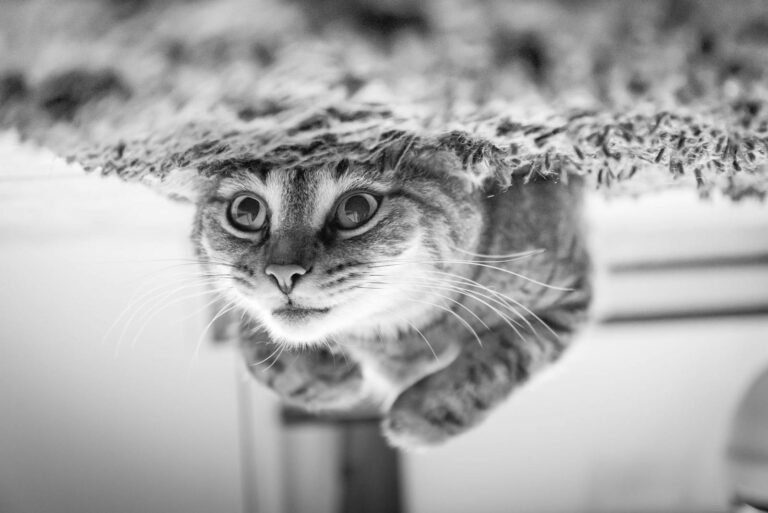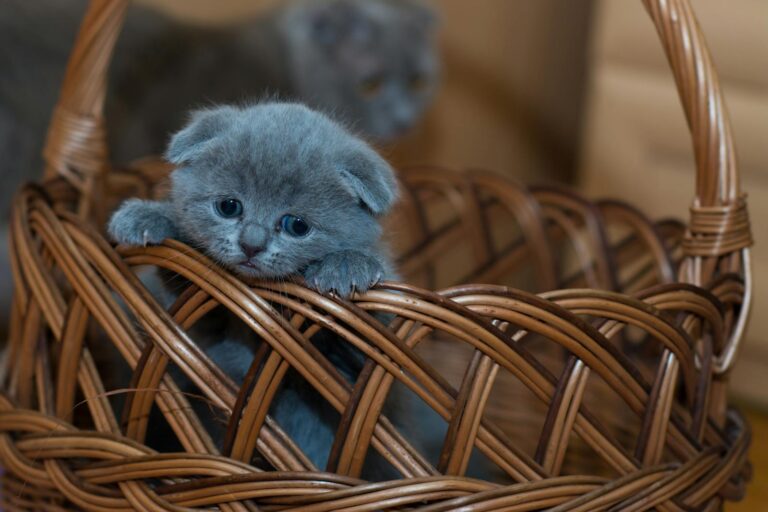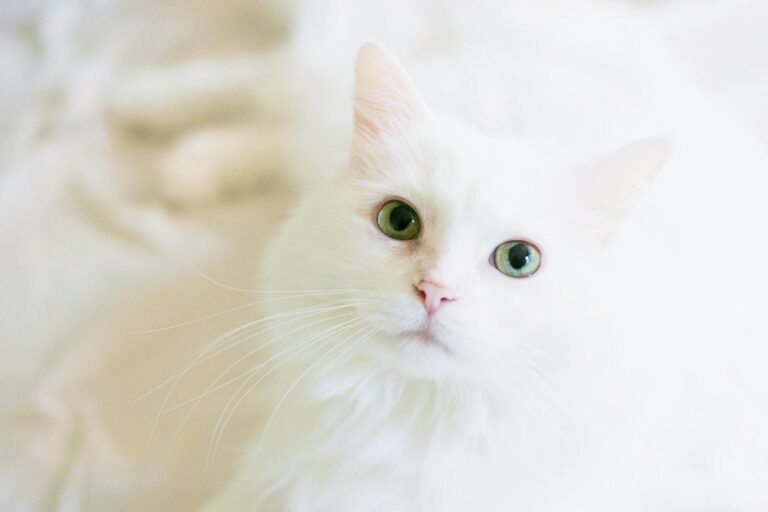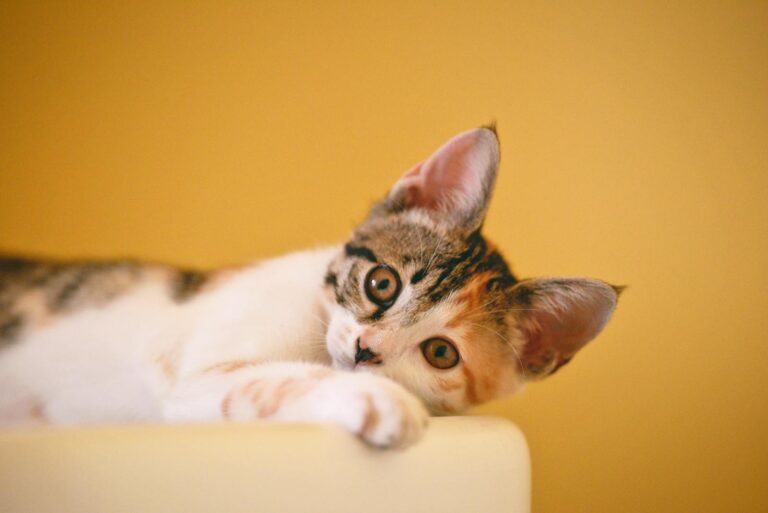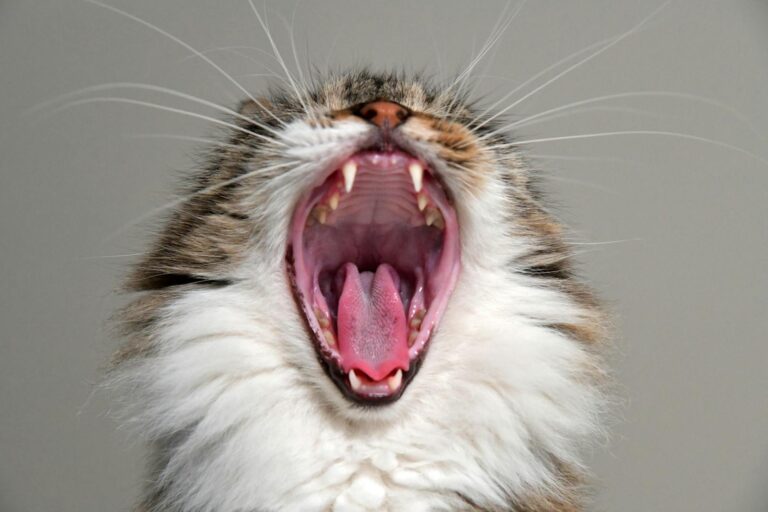Discover the Top 5 Supplements for Cat Health
When it comes to keeping our beloved cats healthy and thriving, sometimes diet alone isn’t enough. That’s why understanding the Top 5 Supplements for Cat Health is essential for any responsible cat owner. These supplements can provide your feline companions with the extra nutrition they need to live their best lives.
Introduction: Understanding the Importance of Supplements for Feline Wellness
Many pet owners often overlook the role that supplements play in enhancing their pets’ overall health. Cats, like humans, can benefit from additional nutrients that may not always be fully available through their regular diet. As we delve deeper into the world of feline wellness, it’s crucial to recognize how targeted supplementation can address specific health needs and prevent potential issues down the line.
Supplements can serve various purposes, including improving coat condition, enhancing digestive health, boosting immunity, and supporting joint function. As a responsible cat parent, being aware of these benefits is key to providing your furry friend with a longer, healthier life. With so many options available on the market today, it’s essential to distinguish which are most effective for your cat’s unique needs.
In this article, we will explore the Top 5 Supplements for Cat Health, providing insights and information to help you make informed decisions about your cat’s nutrition and well-being.
Top 5 Supplements to Boost Your Cat’s Health
Now that we understand the importance of supplements, let’s dive into the most beneficial ones specifically tailored for feline health. Each supplement has unique properties and advantages, making them essential components in maintaining your cat’s vitality.
The following are the Top 5 Supplements for Cat Health:
- Omega-3 Fatty Acids
- Probiotics
- Antioxidants
- Joint Support Formulas
- Multivitamins
By incorporating these supplements into your cat’s daily routine, you can help ensure they remain healthy and happy throughout their lives.
Omega-3 Fatty Acids: Enhancing Coat, Skin, and Joint Health in Cats
Omega-3 fatty acids have gained popularity as an essential supplement for both humans and animals alike. Derived primarily from fish oil, these fatty acids play a vital role in promoting optimal skin condition, a lustrous coat, and overall joint health in cats.
The Benefits of Omega-3s for Cats’ Skin and Coat
One of the most notable benefits of Omega-3 fatty acids is their positive impact on skin health. Many cats suffer from dry skin, which can lead to excessive grooming, scratching, and even skin infections. Omega-3s work by nourishing the skin from within, reducing inflammation, and providing hydration. This results in a healthier, shinier coat that is less prone to shedding and matting.
Additionally, Omega-3s possess anti-inflammatory properties that can alleviate common skin conditions in cats, such as dermatitis or allergies. Regular supplementation can contribute significantly to your cat’s comfort and overall well-being.
Supporting Joint Health with Omega-3 Fatty Acids
Another critical aspect of Omega-3 fatty acids is their ability to support joint health. As cats age, they may experience joint stiffness or arthritis, leading to discomfort and reduced mobility. Incorporating Omega-3 supplements into your cat’s diet can help lubricate joints, reduce pain, and enhance mobility.
Cats that are naturally more active or involved in rigorous activities may also benefit from Omega-3 supplementation. Whether it’s a playful kitten or a sprightly adult cat, ensuring their joints receive adequate support can enhance their quality of life.
Choosing the Right Source of Omega-3s
When selecting an Omega-3 supplement for your cat, it’s essential to consider the source. High-quality fish oil derived from cold-water fish, such as salmon, is often recommended. It’s important to check for purity and sustainability certifications to ensure you’re providing the best for your feline friend.
Always consult your veterinarian before starting any supplementation regimen, as they can offer guidance on appropriate dosages and help monitor your cat’s health progress.
Probiotics for Cats: Improving Digestion and Immune Function
Probiotics are beneficial bacteria that are vital for maintaining gut health. A balanced gut microbiome is crucial for optimum digestion, nutrient absorption, and immune function. For cats, probiotics can make a significant difference in their overall health and well-being.
Enhancing Digestive Health with Probiotics
Digestive issues are common among cats, leading to discomfort and health complications. Probiotics can aid in restoring balance to the gut flora, helping to alleviate issues such as diarrhea, constipation, or bloating. By introducing beneficial bacteria into your cat’s system, you promote efficient digestion and nutrient breakdown, allowing your cat to absorb essential nutrients more effectively.
Furthermore, probiotics have been shown to minimize the negative effects of stress on the digestive system. Stress can trigger upset stomachs in cats, and incorporating probiotics can mitigate those effects, thereby improving your cat’s overall mood and appetite.
Boosting Immune System Function
A strong immune system is essential for protecting your cat against diseases and infections. Probiotics contribute to bolstering the immune response by stimulating the production of antibodies and enhancing the activity of immune cells. This fortification becomes especially crucial during stressful periods, such as travel or changes in environment.
Moreover, a well-balanced gut supports overall health, as approximately 70% of a cat’s immune system resides in its digestive tract. By ensuring your cat’s gut health is optimal, you’re also giving the immune system the foundation it needs to fight off illness.
Selecting the Best Probiotic Supplement for Your Cat
When choosing a probiotic product for your cat, look for strains that are specifically formulated for felines. Products containing Lactobacillus and Bifidobacterium species are commonly used and known to be effective in promoting gut health.
It’s essential to follow dosage recommendations provided by the manufacturer or your veterinarian, as too much of a good thing can sometimes lead to adverse effects.
Antioxidants: Protecting Your Cat from Cellular Damage and Aging
Antioxidants play a crucial role in combating oxidative stress, which can lead to cellular damage and accelerated aging. Incorporating antioxidant-rich supplements into your cat’s diet can have lasting benefits for their long-term health.
Understanding Oxidative Stress
Oxidative stress occurs when there is an imbalance between free radicals and antioxidants in the body. Free radicals are unstable molecules that can cause damage to cells, proteins, and DNA, leading to various health concerns, including chronic diseases and premature aging.
In cats, oxidative stress can manifest in several ways, including cognitive decline, weakened immune function, and increased susceptibility to diseases. Adding antioxidants to your cat’s diet can help neutralize free radicals, minimizing the risk of chronic health issues.
Health Benefits of Antioxidants for Cats
Antioxidants, such as vitamins C and E, carotenoids, and flavonoids, provide numerous health benefits for cats. They can support heart health, improve vision, and strengthen the immune system. Additionally, antioxidants may help in preventing certain types of cancer and other degenerative diseases.
For aging cats, antioxidants can help maintain cognitive function and reduce the risk of age-related illnesses, allowing them to enjoy their golden years with vigor and vitality.
Sources and Types of Antioxidant Supplements
Many commercial cat foods contain added antioxidants, but if you want to give your cat an extra boost, consider dedicated antioxidant supplements. Look for products that include a blend of different antioxidants for comprehensive protection.
Common sources of antioxidants include fruits and vegetables, such as blueberries, cranberries, spinach, and carrots. You can also find specialized antioxidant supplements designed specifically for felines.
Always consult with your veterinarian to determine the best approach for incorporating antioxidants into your cat’s diet.
Choosing the Right Supplements and Ensuring Safe Administration
With so many supplements available on the market, how do you choose the right ones for your cat? Selecting the most appropriate supplements involves thorough research and consultation with your veterinarian.
Assessing Your Cat’s Individual Needs
Every cat is unique, and their health needs may vary based on factors such as age, breed, health status, and lifestyle. Begin by evaluating your cat’s diet and identifying any potential deficiencies or areas where they could benefit from additional support.
Keep in mind that certain breeds may require specific supplementation due to genetic predispositions to health issues. Discussing your cat’s individual needs with your veterinarian can help tailor a supplementation plan that aligns with their unique requirements.
Safety Considerations When Administering Supplements
Whenever introducing new supplements, it’s essential to prioritize safety. Over-supplementation can lead to adverse effects, so always adhere to recommended dosages provided by the manufacturer or your veterinarian. Be vigilant and observe your cat for any signs of distress after starting a new supplement, and report any unusual symptoms to your veterinarian promptly.
You should also consider the form of the supplement—whether it’s a pill, powder, liquid, or treat. Some cats may have preferences, making administration easier. If your cat is resistant to taking supplements, explore creative methods to disguise them in food or treats.
Monitoring Progress and Adjusting Supplementation
Once you’ve started your cat on a supplementation regime, keep track of their health and behavior. Regular veterinary check-ups can help assess the effectiveness of the supplements and allow for adjustments as needed. As your cat ages or experiences changes in health, their supplementation needs may evolve, necessitating periodic reassessment.
Create an open dialogue with your veterinarian as you navigate the supplementation journey. Together, you can ensure your cat receives the proper nutrients necessary for optimal health.
Conclusion
Understanding the Top 5 Supplements for Cat Health provides a roadmap for enhancing your cat’s overall well-being. From Omega-3 fatty acids that support skin and joint health to probiotics that bolster digestion and immunity, each supplement plays a vital role in your cat’s vitality. Antioxidants further protect against cellular damage, while careful selection and monitoring ensure safe and effective supplementation. By thoughtfully incorporating these supplements into your cat’s routine, you’re paving the way for a healthier, happier feline companion.

